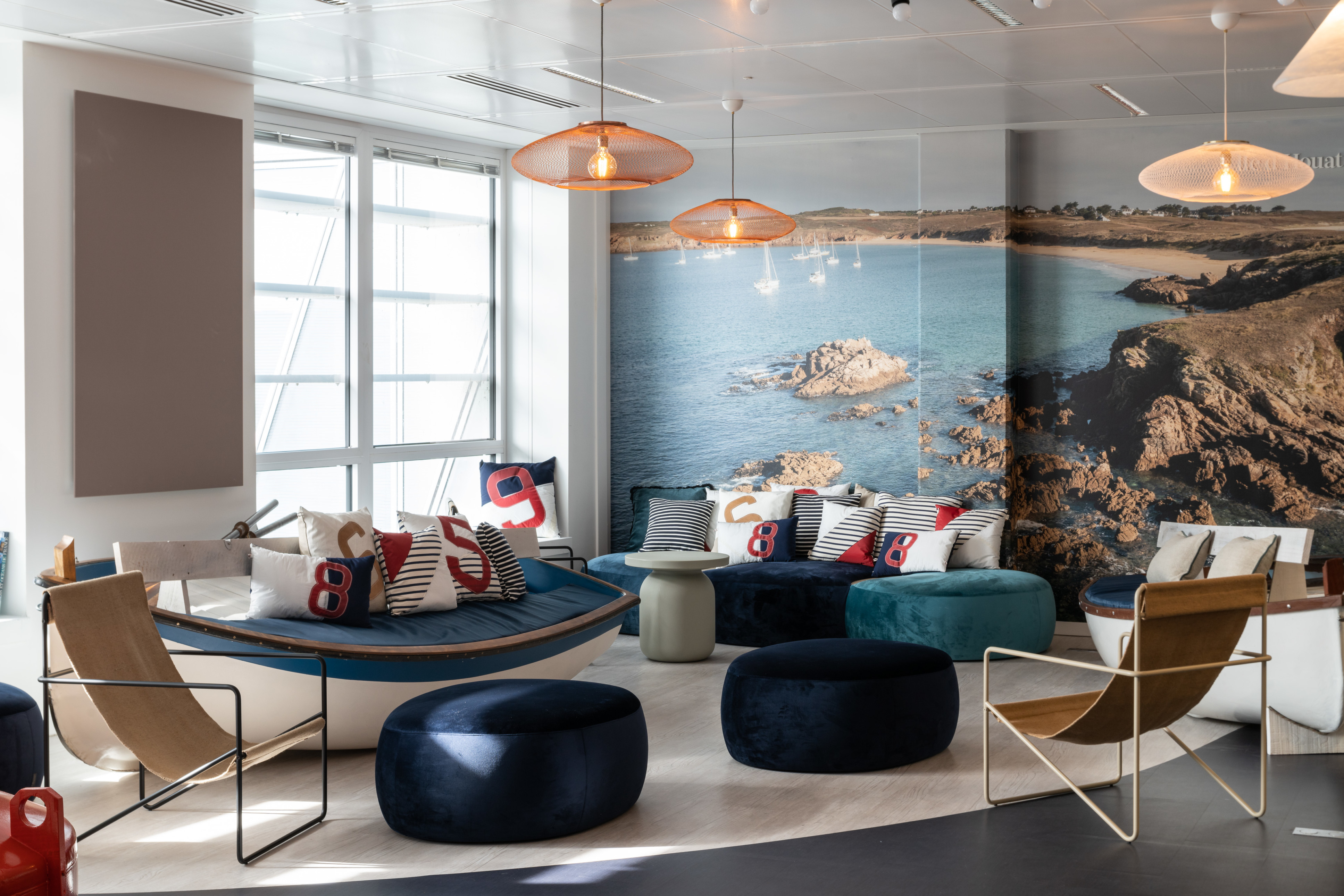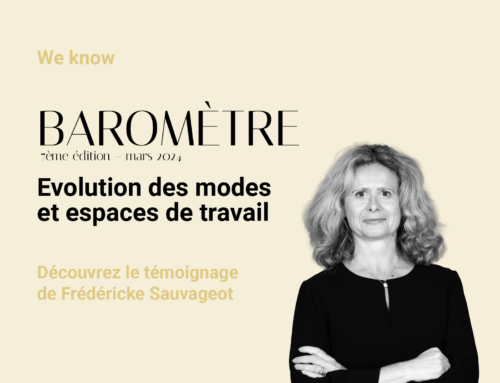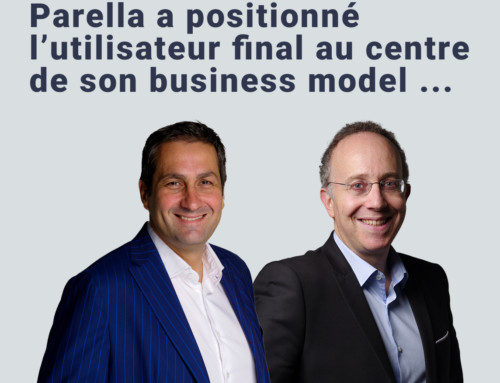Recycled, made-to-measure design: a trend to watch!
Young people are much more sensitive than their elders to environmental issues in the workplace. More attentive to the responsible nature of buildings and facilities, they are less forgiving of attitudes akin to green washing.
Fortunately, there are craftsmen today to meet these expectations, and we met one of them.
Thomas Bouzanquet is passionate about reusing materials, which he works on with love and conviction. For the past 8 years, this entrepreneur has been offering his customers an alternative, competitive approach that enables them to contribute to environmental protection.
Product launches, scenography, festivals, layout or the creation of personalized iconic objects - whatever the request, he will respond by reusing materials and shaping them as required.

Reusing materials: a question of balance
Still relatively unknown, the reuse of materials is emerging as awareness grows.
As part of the CSR movement, it offers real creative possibilities compatible with ERP standards.
Whether restoring or creating new parts, Thomas will maximize re-use. But he has to juggle with the customer's financial and time constraints.
"It's important to offer solutions that strike the right balance between budget, responsiveness and low carbon footprint," says Thomas.
Creating with the best eco-responsible materials
Thomas works step by step, hand in hand with his customer.
The first step is to fully understand the customer's needs, and in particular the object's use. Then comes the sourcing of the material and its possibilities, durability and quality. Other practical aspects, such as lead times and technical standardization constraints, can also influence the design. The project is conceived in co-construction with the customer, from raw material sourcing to production.
"Each creation is unique! We design our projects around the materials. Sourcing them is crucial to identifying materials offering the optimum quality for reuse."
This requires a good command of the latter and a history of their use and storage. One of the specialties of Thomas and his team:
"We've developed our own pools of materials, as well as carpentry and metalwork workshops that enable us to be reactive without compromising on quality."
Tailor-made designs
To inspire and create unique atmospheres, some companies have opted for upcycling.
Such is the case with Groupe Rocher, a company with a mission, which recently refurbished its premises. Iconic objects include :
The Nautical Beacon:
Like a unifying lighthouse, the beacon is the anchor of the Petit Bateau brand's user-friendly space.
"Sourcing quickly revealed that restoring a beacon would be incompatible with the constraints of the building, as the weight would be too great. So, with the Parella team, we decided on a made-to-measure solution made entirely from recycled materials.
Boat benches:
Materials were sourced locally. Restoration and transformation work was carried out to meet comfort objectives.
We've also included a few ideas to inspire you: https: //www.derevalasource.fr/la-ressourcerie

Barque benches - © Thibaud Poirier for Parella

The nautical beacon
Her advice on reuse?
Favoring a local source
Thomas points out that as the volume of reusable materials is diversified locally, it would be a shame to favor a distant source. For Groupe Rocher, an audit was carried out to identify locally reusable materials. This considerably reduced the environmental impact.
Taking the time to co-construct
Designing, fitting out and making bespoke objects requires a change in working habits, so that you can follow and co-construct the project from start to finish.
"We don't choose materials from a catalog. But we are involved in the technical decision-making process throughout the production process. This implies co-construction. Custom-made products don't just come off the shelf. It requires adaptability and taking the time to source. "

©Instagram derevalasource

A growing trend
The network of ressourceries is booming, and is being structured to meet growing demand.
While not all projects are launched for eco-responsible reasons, this tailor-made approach is very popular.
"We work on all types of project, new and recycled materials, for all kinds of sectors: luxury, catering, festivals. To minimize the environmental impact of our creations, we seek, wherever possible, to maximize the use of recycled materials. "
As you can see, upcycling has a bright future ahead of it, and the younger generation is one of the trendsetters!






